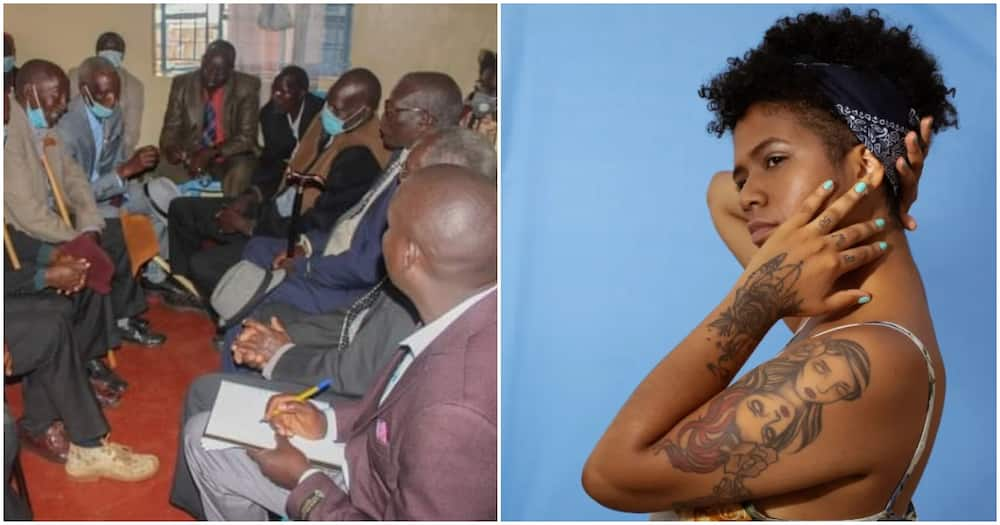Financial therapy and counseling services have emerged as vital resources in addressing the complex interplay between financial well-being and psychological health. With roots in both financial planning and psychotherapy, financial therapy integrates principles from psychology, counseling, and financial planning to help individuals and families understand and improve their financial behaviors, attitudes, and relationships. This multidisciplinary approach recognizes that financial decisions are not purely rational but are influenced by emotions, past experiences, and societal norms.
At its core, financial therapy aims to help individuals develop a healthier relationship with money by addressing underlying emotional issues and behavioral patterns that impact financial decision-making. This includes exploring beliefs and attitudes about money inherited from childhood, cultural influences, and past experiences with money. By uncovering these underlying factors, individuals can gain insight into their financial behaviors and make more informed choices.
One of the primary goals of financial therapy is to alleviate financial stress and improve overall well-being. Financial stress can have significant consequences on mental and physical health, leading to anxiety, depression, and relationship conflicts. Through counseling and therapeutic techniques, financial therapists help clients develop coping strategies to manage stress and build resilience in the face of financial challenges.
Financial therapy also addresses specific financial issues such as overspending, debt management, and budgeting. Therapists work with clients to identify the root causes of these behaviors and develop practical strategies to change them. This may involve setting realistic financial goals, creating a budget, and implementing accountability measures to track progress.
Another key aspect of financial therapy is addressing the emotional aspects of money management, such as shame, guilt, and fear. Many individuals experience shame or embarrassment around financial difficulties, which can prevent them from seeking help or taking positive action. By creating a safe and supportive environment, financial therapists help clients explore and process these emotions, enabling them to move forward with greater confidence and self-compassion.
In addition to individual counseling, financial therapy may also involve couples or family therapy sessions. Money is a common source of conflict in relationships, and differing financial values and behaviors can strain even the strongest partnerships. Through couples or family therapy, individuals can learn to communicate more effectively about money, establish shared financial goals, and work together to address financial challenges.
Financial therapy also encompasses education and skill-building to empower clients to make informed financial decisions. This may include teaching basic financial literacy concepts such as budgeting, saving, investing, and debt management. By equipping clients with the knowledge and skills they need to navigate their financial lives, therapists empower them to take control of their financial futures.
Moreover, financial therapy recognizes the importance of cultural competence and acknowledges the influence of cultural factors on financial beliefs and behaviors. Therapists strive to understand their clients’ cultural backgrounds and experiences and incorporate culturally sensitive approaches into their practice. This may involve adapting therapeutic techniques to resonate with clients’ cultural values and norms or addressing systemic barriers that impact financial well-being within marginalized communities.
In recent years, the field of financial therapy has gained recognition and legitimacy, with professional organizations offering certifications and training programs for financial therapists. This increased visibility has led to greater awareness of the importance of addressing the intersection of money and mental health and expanded access to financial therapy services.
Furthermore, technology has played a significant role in making financial therapy more accessible to a wider audience. Online platforms and mobile apps allow individuals to connect with financial therapists remotely, overcoming barriers such as geographic location and scheduling conflicts. This has been particularly valuable during the COVID-19 pandemic, as many people have sought virtual mental health services to cope with increased financial stressors.
Despite these advancements, financial therapy still faces challenges and limitations. Stigma surrounding mental health issues and financial difficulties may prevent some individuals from seeking help, and there remains a need for greater awareness and destigmatization of both financial therapy and mental health services in general.
Additionally, financial therapy is not a one-size-fits-all solution, and not all therapists are trained in or experienced with addressing financial issues. Finding a qualified financial therapist who is a good fit for an individual’s needs and preferences can be challenging, particularly in areas with limited access to mental health resources.
Moreover, financial therapy is not a replacement for traditional financial planning or psychotherapy but rather complements these approaches by addressing the emotional and behavioral aspects of money management. Collaborating with other professionals, such as financial planners, accountants, and estate planners, can enhance the effectiveness of financial therapy interventions and provide clients with comprehensive support.
In conclusion, financial therapy and counseling services offer a holistic approach to addressing the complex relationship between money and mental health. By integrating principles from psychology, counseling, and financial planning, financial therapists help individuals and families understand and improve their financial behaviors, attitudes, and relationships. Through counseling, education, and skill-building, financial therapy empowers clients to take control of their financial futures and improve their overall well-being. While challenges remain, the growing recognition and accessibility of financial therapy signify its importance in promoting financial health and resilience in today’s society.











.pdf_11zon.jpg)
